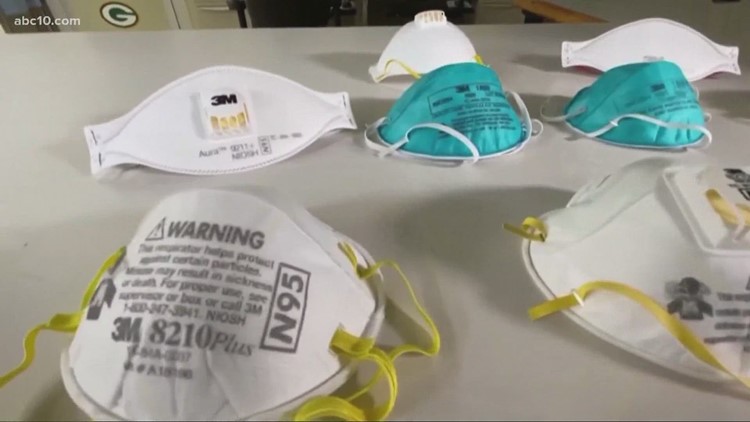MEMPHIS, Tenn. — The top federal prosecutor in West Tennessee is asking hospital leaders to tell authorities about cases of hoarding or price gouging of medical supplies used in the coronavirus fight.
Memphis-based U.S. Attorney D. Michael Dunavant said Thursday that his office is focusing on "the deterrence, investigation, and prosecution of wrongdoing related to the COVID-19 pandemic."
His letter to hospital leaders and executives has listed several types of supplies labeled by the federal government as scarce that could be the subject of price gouging and hoarding. They include masks, respirators, ventilators, and materials used to disinfect and sterilize.
-----------------------------------------
Coronavirus in Context:
The symptoms of coronavirus are similar to the flu or a bad cold. Symptoms include a fever, cough and shortness of breath, according to the Centers for Disease Control.
Most healthy people will have mild symptoms. A study of more than 72,000 patients by the Centers for Disease Control in China showed 80-percent of the cases there were mild.
But infections can cause pneumonia, severe acute respiratory syndrome, kidney failure and even death, according to the World Health Organization. Older people with underlying health conditions are most at risk.
The CDC believes symptoms may appear anywhere from two to 14 days after being exposed.
Lower your risk
- Wash your hands often with soap and water for at least 20 seconds. If soap and water are not available, use an alcohol-based hand sanitizer.
- Avoid touching your eyes, nose, and mouth with unwashed hands.
- Avoid close contact with people who are sick.
- Clean and disinfect frequently touched objects and surfaces.
- If you are 60 or over and have an underlying health condition such as cardiovascular disease, diabetes or respiratory illnesses like asthma or COPD, the World Health Organization advises you to try to avoid crowds or places where you might interact with people who are sick.



